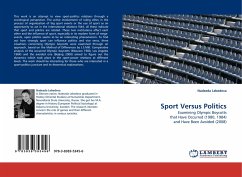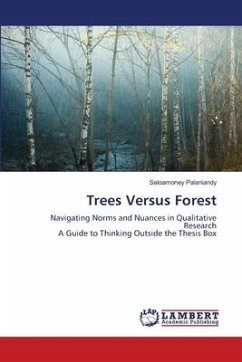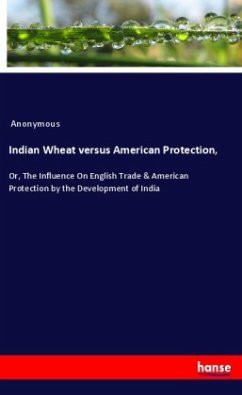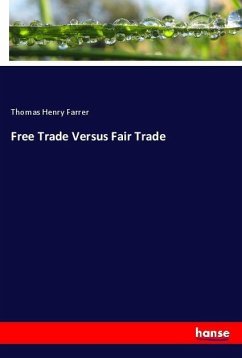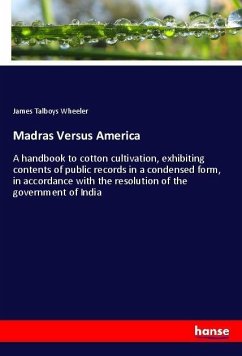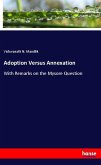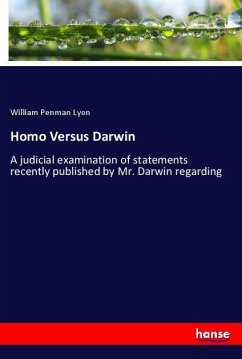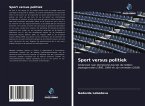This work is an attempt to view sport-politics relations through a sociological perspective. The active involvement of ruling elites in the process of organization of big sport events or the use of sport as an opportunity to act in the international relations field, all these indicate that sport and politics are related. These two institutions affect each other and the influence of sport, especially in its modern form of mega-events, upon politics seems to be an interesting phenomenon. To find out how strongly sport can influence politics and vice versa, three situations concerning Olympic boycotts were examined through an approach, based on the Method of Differences by J.S.Mill. Comparative analysis of the occurred Olympic boycotts (Moscow 1980, Los Angeles 1984) and the avoided one (Beijing 2008) aimed to figure out the dynamics which took place in the sport-power relations at different levels. The work should be interesting for those who are interested in a sport-politics juncture and its theoretical explanations.
Bitte wählen Sie Ihr Anliegen aus.
Rechnungen
Retourenschein anfordern
Bestellstatus
Storno

